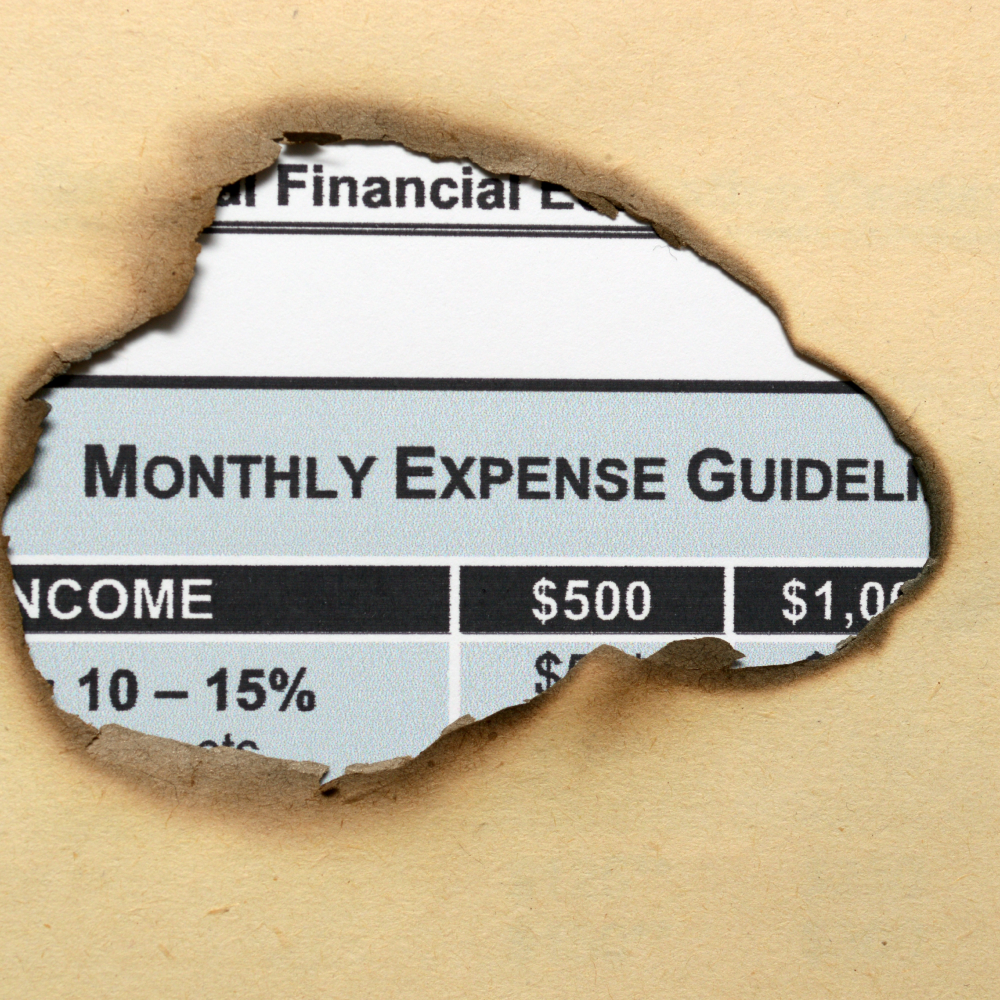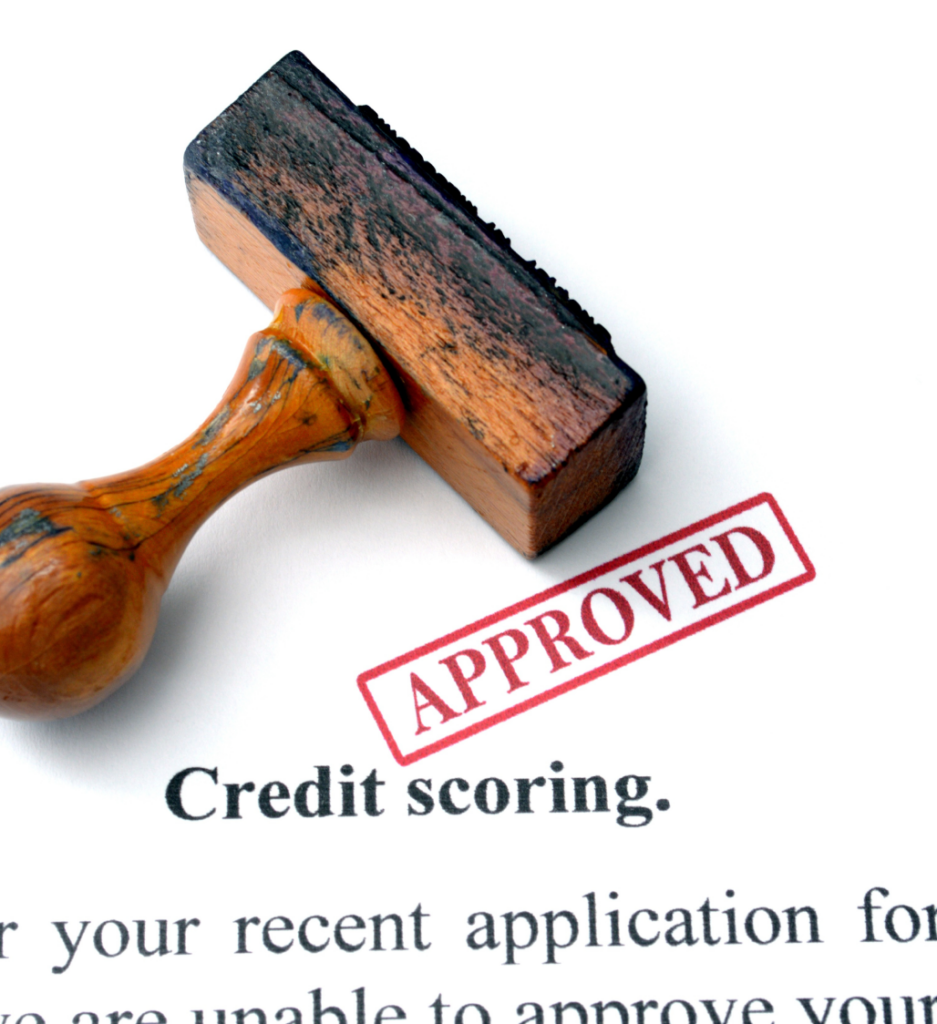How Does a Home Equity Loan Work?

Are you planning to take out a home equity loan soon? If you are, you’re not alone. Approximately 20 percent of homeowners every year borrow against the equity of their home for a variety of reasons. It might be used for a home improvement project, to pay for their child’s college tuition, or even to consolidate their debt.
A home equity loan is a popular financial tool that permits homeowners to borrow against the value of their homes.
In this article, we will explain how a home equity loan works and look at its advantages and disadvantages as we provide you with a comprehensive understanding of this financial option.
What is a Home Equity Loan?
A home equity loan, also known as a second loan, a second mortgage, or a home equity installment loan, is a loan that allows homeowners to borrow money by leveraging the equity in their property. As opposed to a line of credit (HELOC), which provides a revolving line of credit, a home equity loan is a lump sum amount that is repaid over a fixed term, usually with a fixed interest rate.
Home equity loans are typically offered at lower interest rates than other forms of consumer loans because they are secured by your home, just like your primary mortgage.
How a Home Equity Loan Works
In essence, a home equity loan is similar to a mortgage, thus the name second mortgage. The equity in the home serves as collateral for the lender. The amount that the homeowner is permitted to borrow will depend partially on a combined loan-to-value (CLTV) ratio of 80 percent to 90 percent of the home’s appraised value. The amount of the loan and the rate of interest to be charged also will be based on the borrower’s credit score, payment history, debt-to-income ratio and your ability to repay.
Your home equity loan is determined by subtracting your outstanding mortgage balance from your home’s current market value. The higher your home’s value, the more equity you have. For example, you may have purchased your home that is worth $400,000 and have an existing 1st mortgage loan for $320,000, and you have paid the loan down by $50,000. That lowers the loan balance to $270,000. If your house is still worth $400,000 when you apply for a home equity loan, your equity would be $50,000. However, if your home’s value has increased to $500,000 (and your 1st mortgage balance is $270,000), your home equity would then be $100,000.
A home equity loan is an ideal way to convert the equity you have accumulated in your house into cash, especially if you invest that cash in home improvement projects while increasing the value of your home. But keep in mind that you’re putting your home on the line. If real estate values decrease, you might end up owing more than your home is worth.
If you want to relocate, you could lose money on the sale of your house or be unable to move. Also, if you are procuring a home equity loan in order to pay off credit card debt, avoid running up those credit card bills again.
Repayment & Terms for Your Home Equity Loan
Home equity loans are repaid in monthly installments over a predetermined term, normally ranging from five to 20 years. During this time frame, you’ll make regular payments of principal and interest. The interest portion of the payments may be tax-deductible, however, it is in your best interest to consult a tax expert for specific advice regarding this aspect of a home equity loan.
Home Equity Loan Requirements
Each lender has their own requirements for a home equity loan. However, in order to get approved for this type of loan, most borrowers will generally need to have the following:
- Equity in their home that is greater than 20 percent of their home’s value.
- Verifiable income history for two or more years,
- A credit score greater than 640.
While you could get approved for a home equity loan without meeting these conditions, you can expect to pay a much higher interest rate through a lender that specializes in high-risk borrowers.
Advantages of a Home Equity Loan
Here are eight advantages of home equity loans:
1) Lower interest rates — Home equity loans typically offer lower interest rates compared to other forms of borrowing, which makes them an appealing option for many homeowners.
2) Fixed interest rates — With a home equity loan, you’ll enjoy a fixed interest rate, which provides stability and predictability with your monthly payments.
3) Versatile use — You’re able to use the proceeds from the loan for a variety of purposes, such as home improvement projects, consolidating high-interest debt, paying for college tuition, or covering medical expenses.
4) Potential Tax Benefits — In certain cases, the interest paid on a home equity loan may be tax-deductible, decreasing your overall tax burden.
5) Easy to qualify for — A home equity loan is easier to qualify for than many other types of loans.
6) Favorable terms — Terms are longer than many other consumer loans.
7) No restrictions — There are no restrictions on how you can utilize the funds from a home equity loan.
8) Quick access to funds — You’re able to access the funds right away in a lump sum.
Disadvantages of a Home Equity Loan
Here are four disadvantages of a home equity loan:
1) Foreclosure risk — You run the risk of foreclosure if you default on the home equity loan.
2) Paying off a second mortgage — You will have a second mortgage to pay off in addition to your primary mortgage.
3) Closing costs — You will have to pay closing costs, unlike some other consumer loans.
4) Paying off balance of loan — If you sell your home, you will need to pay off the entire balance of the loan, in addition to the remaining balance of your primary mortgage, as soon as you close.
Look to California Community Credit Union for Home Equity Loans
At California Community Credit Union, we offer home equity loans and refinancing. The California Community CU Home Equity Loan is a quick and easy option when you need extra funds. Whether you will be using the funds for an unexpected expense, or to purchase an appliance, or go on vacation or to consolidate debt, a California Community CU Home Equity Loan can help. And you can borrow as little as $25,000.
We at CACCU have the financial experts who can fit you with the perfect type of personal loan that is tailored to match your personal needs. We invite you to contact us today to get started.
you may also like
Credit Union Membership: What You Need to Know
Credit unions have become a significant part of the financial ecosystem by offering a range of products,…
How to Achieve Financial Wellness
In today’s fast-paced world, achieving financial wellness has become the foundation of personal success. Financial wellness does…










